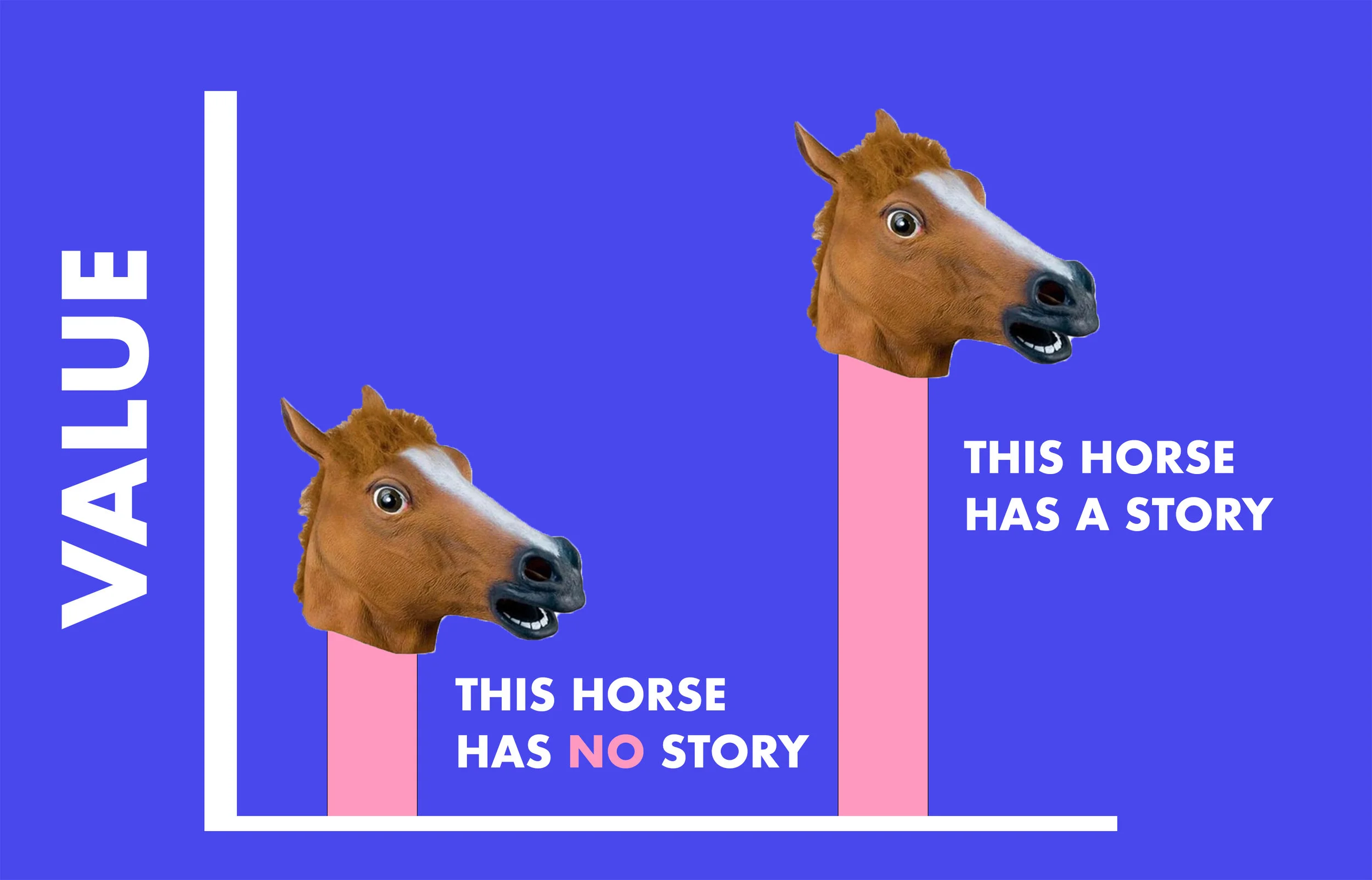The Six Universal Emotions
“You were never taught how to talk with your face like you speak with words.”
In the late 1800s, Charles Darwin was the first to suggest that facial expressions of emotion are the same everywhere.
In other words, he believed that they were innate.
In the 1970s, the psychologist Dr Paul Ekman set out to see if Darwin was right. He travelled to Chile, Argentina, Brazil, Japan, and the United States and interviewed different groups of people.
His method involved showing them photos of individuals displaying different facial expressions of emotion and asking them to judge which emotion they thought was being displayed.
The vast majority of the individuals from the five different cultures agreed.
To make sure that this result wasn’t simply social conditioning from watching the same TV shows or films, he decided to repeat the experiment with a remote tribe. He knew they had not been exposed to any external stimulus.
With his research partner Wallace Friesen, he journeyed to a remote part of Papua New Guinea to meet with the indigenous Fore tribe.
He reasoned that if tribe members displayed and interpreted the same facial expressions, he would have evidence of their universality.
Carrying a few simple stories and images of facial expressions, they headed into the remote camp and asked each of the tribespeople to match a story to an expression.
The result was the same as it was for the other five countries. This proved Darwin’s original theory was correct.
The six universal emotions Ekman identified were Anger, Disgust, Fear, Happiness, Sadness and Surprise.
Your goal as a storyteller is to get your audience to feel one or more of these emotions. If your story doesn’t trigger any of them, it’s not a story.
It’s just a list of factual information.
To learn how to become a master storyteller check out our Storytelling course.
Made in collaboration with some of the world’s experts and certified by Cannes Lions, it will equip you with the skills you need to tell amazing tales.






